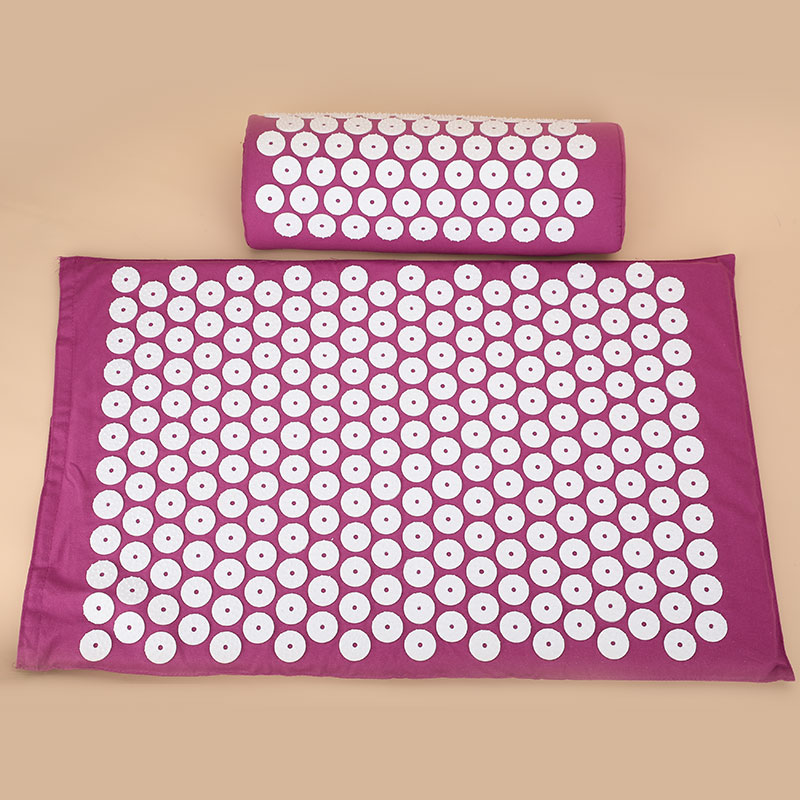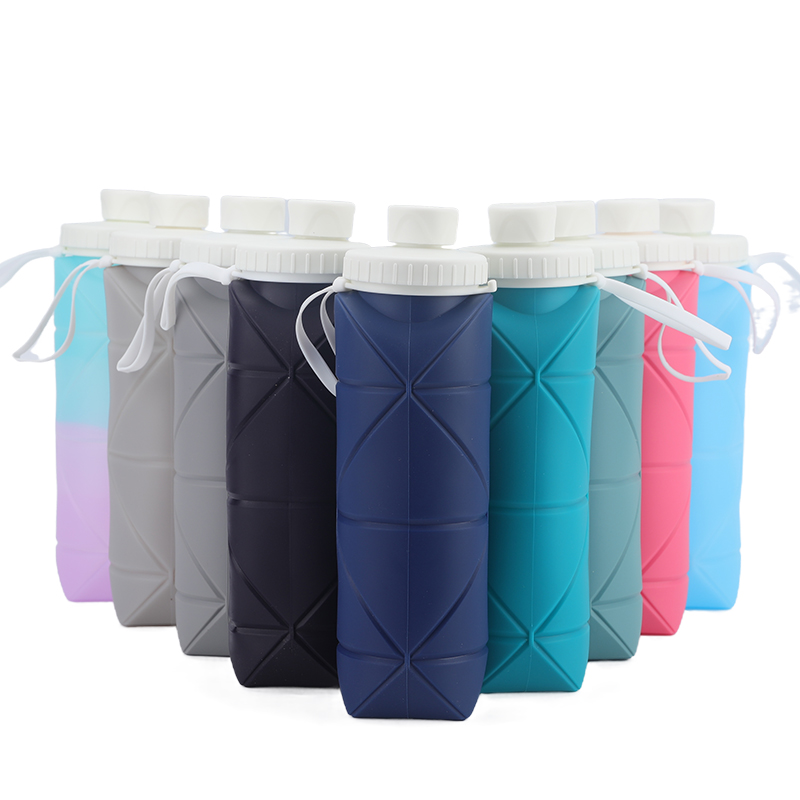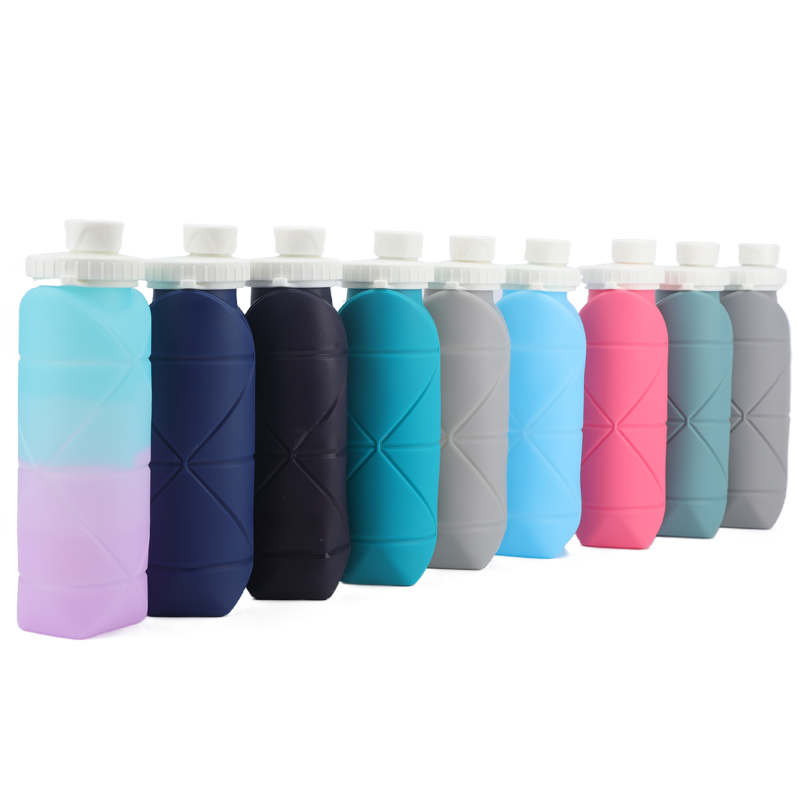Introduction:
In today’s world, there’s an endless list of choices we have to make on a daily basis, and choosing the right cup for our drinks may not always seem like a top priority. However, when it comes to the materials used to make cups, the difference between plastic and glass can play a significant role in our health, the environment, and the overall drinking experience. This article focuses on the advantages of using glass cups over plastic ones, exploring their unique features and benefits.
Section 1: Health Benefits of Glass Cups
Glass cups offer several health benefits, such as being non-toxic and chemical-free, providing a clean and clear surface for drinks that won’t affect their taste or odor, and retaining temperature longer than plastic cups. Moreover, glass does not contain harmful substances such as BPA, which can disrupt the body’s hormone system and even lead to serious health problems.
Section 2: Environmental Benefits of Glass Cups
Glass cups are not only healthier for our bodies but also for the environment. Unlike plastic cups, they are recyclable and reusable, reducing waste and conserving resources. Additionally, since glass cups are more durable than plastic cups, they have a longer lifespan, and thus, require less frequent replacement, which leads to a smaller carbon footprint overall.
Section 3: Functional Benefits of Glass Cups
When it comes to functionality, glass cups offer a unique experience that cannot be matched by plastic cups. Glass is transparent, which allows you to see the drink inside, adding to the overall aesthetic appeal of the drink. Moreover, glass cups can be designed in different shapes and sizes, making them versatile and perfect for serving different types of drinks, from coffee to cocktails.
Section 4: Value and Quality of Glass Cups
In terms of value, glass cups offer a greater return on investment than plastic cups. Although they may be more expensive initially, their durability and longevity result in cost savings in the long run. Additionally, glass cups maintain their quality over time, preserving the taste and texture of the drinks in a way that plastic cups cannot.
Conclusion:
In summary, glass cups provide numerous advantages over plastic ones, including health benefits, environmental benefits, functional benefits, and value. The choice between the two may seem trivial, but in reality, it can have a significant impact on our health and the planet. By switching to glass cups, we can enjoy all the benefits they offer while making a positive change in our lives and the environment.











